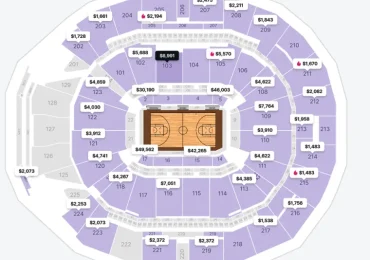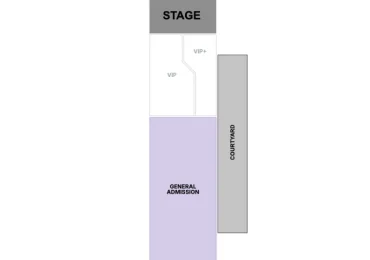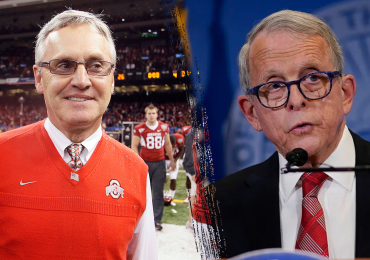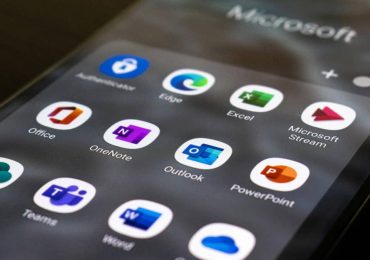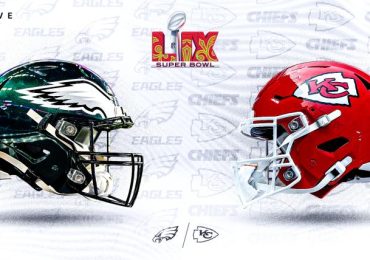Warren Buffett’s Berkshire Hathaway dumped nearly half of its gigantic Apple stake in a surprising move.
The Omaha-based conglomerate disclosed that its holding in the iPhone maker was valued at $84.2 billion at the end of the second quarter, indicating that the Oracle of Omaha offloaded 49.4% of the tech bet.
Buffett trimmed the Apple stake by 13% in the first quarter and hinted at the Berkshire annual meeting in May that it was for tax reasons. Buffett noted that selling ‘a little Apple’ this year would benefit Berkshire shareholders in the long run if the tax on capital gains is raised down the road by a U.S. government wanting to plug a climbing fiscal deficit.
But the magnitude of this selling suggests it could be more than just a tax-saving move.
After declining in the first quarter on concerns it was falling behind on artificial intelligence innovation, Apple shares took off in the second quarter, gaining 23% to a new record as it gave more detail to investors about its future in artificial intelligence
It won’t be clear exactly why the famously long-term focused investor is selling down the holding Berkshire first bought more than eight years ago, whether company reasons, market valuation or because of portfolio management concerns (Buffett typically doesn’t want a single holding to grow too large). Berkshire’s Apple holding was once so big that it took up half of its equity portfolio.

Berkshire began buying Apple’s stock in 2016 under the influence of Buffett’s investing lieutenants Ted Weschler and Todd Combs. Over the years, Buffett grew so fond of Apple that he increased the stake drastically to make it Berkshire’s biggest and called the tech giant the second-most important business after his cluster of insurers.
Buffett has been on a bit of a selling spree as of late with his top holdings. Buffett recently starting downsizing his second biggest stake — Bank of America, shedding $3.8 billion worth of the bank shares after a 12-day selling spree.
Overall, the quarterly report showed Buffett dumping stock last quarter, which saw the S&P 500 rise to a record in anticipation of a “soft landing” for the U.S. economy. That soft landing was called into question this week with Friday’s weaker-than-expected July jobs report.

